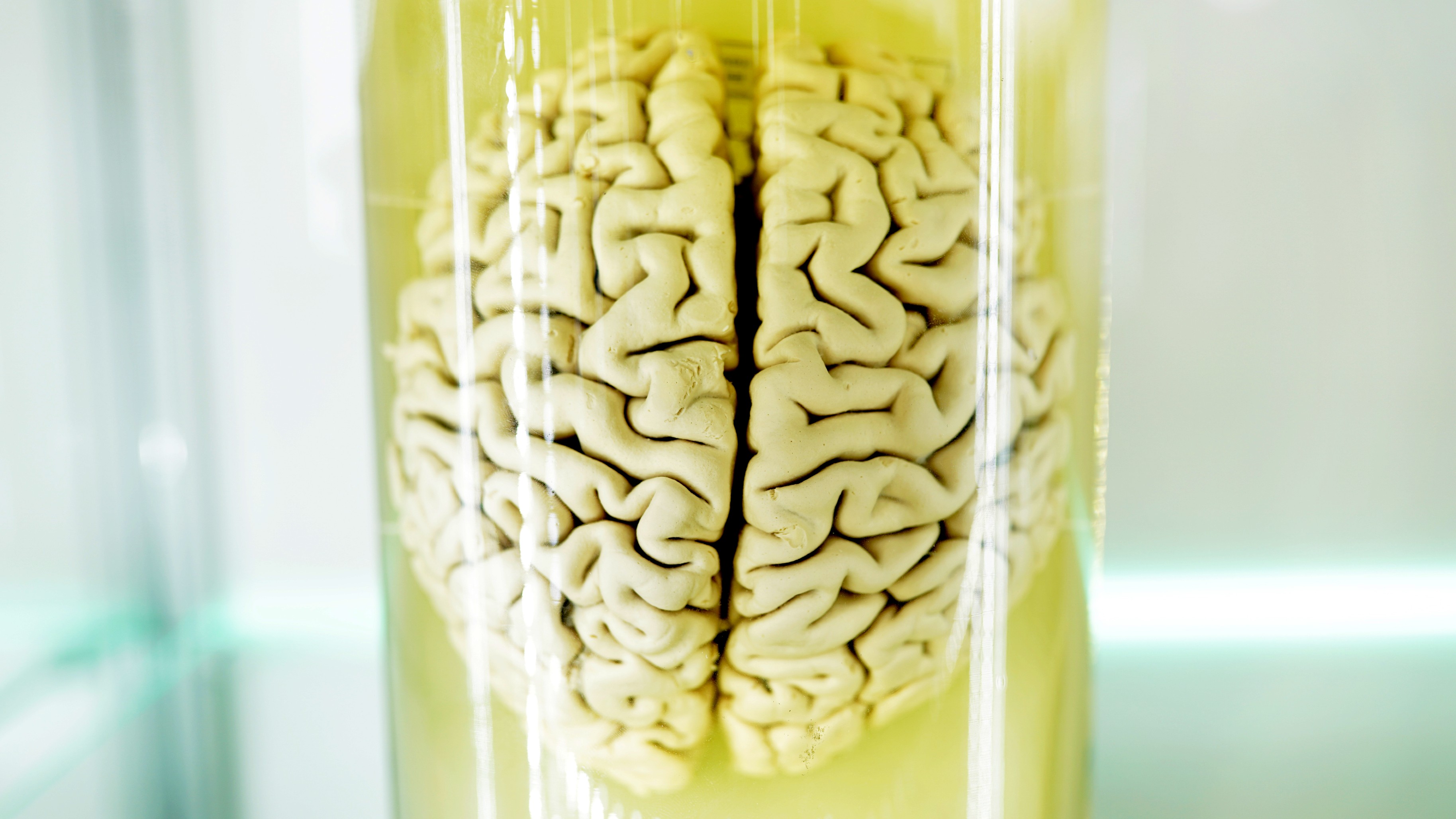Jeff Jarvis, Neil DeGrasse Tyson, Peter Diamandis, Jonathan Harris, and Jaron Lanier on a better technological future informed by the best of human nature.
Peter Diamandis: People talk about technology being dehumanizing; one can flip it and say it’s extraordinarily humanizing. The more we’re connected economically, culturally, the more that we are going to have peace on this planet.
Jeff Jarvis: Technology is, in a sense, agnostic. It can be used for good or bad. It can prove things or it can make them worse. It’s up to us as to how we use them. I believe that the internet can be essentially humanizing. If you look at, let’s say, Facebook, there is a lot of talk about privacy and technology and all this stuff. I think that the real use of Facebook is very simple. It’s sharing. 845 million people are on Facebook not because they’re drunk, not because they’re insane, but because they want to connect with other people and they can now, and they do so through sharing, which is essentially social and essentially generous.
Jaron Lanier: So it's a little bit like the Wizard of Oz. We see the internet and we see some cloud service or some simulated personality or some algorithm that seems to be able to recommend music or dating partners or whatever, but it all is data that just comes from real people. So if we don't learn to acknowledge that real people are actually creating the value online we're never going to learn how to create the information economy that can really create employment and self determination for people when the machines get really good.
Neil deGrasse Tyson: People have a fear factor of robots taking over the world. It’s been the theme of many science fiction films including The Terminator. . . . Sky Net coming online and achieving consciousness . . . Okay. Keep doing the movies. They’re fun, but I live in the real world, and in the real world that’s simply not the robots we’re making and even if we did, they would just be really good computers of things and they’d give me access to information. Actually, I already have access to information. It’s on my smart phone a few fingertips away from all gathered knowledge of the human species on earth. It’s called the internet. I'm already there.
Jonathan Harris: I think the next major evolutionary phase in humans is not going to be happening at the individual level with bodies; although there will be this sort of merging with machines soon, I think. But I think we’re evolving into a kind of meta organism, which is the whole species on the planet connected through the Web, sharing information, sharing thoughts, sharing ideas, also sharing empathy and sharing emotions. It’s almost like this ancient Buddhist idea of experiencing the suffering of all living beings, like we’re laying the plumbing for that to happen right now. That's an incredibly interesting idea when you start to think about dealing with these big problems like poverty and global warming and overcrowding and all of this stuff.
Jaron Lanier: We have to learn to acknowledge our own role. We have to accept that the people are more important than the machines, not as a matter of hope, but as a matter of fact.
Jeff Jarvis: I'm an internet optimist. I'm an optimist about humanity too. Put the two together and yeah, I could probably go overboard, but I think that if we don’t imagine the best case of what can happen we’ll never build it.
Peter Diamandis: We have extraordinary companies, extraordinary philanthropists, extraordinary technologies . . . if we choose--it’s by no means a guarantee, but if we choose--we’ll be able to help every single person on this planet have their basic needs met, their energy, food, water, power, education, healthcare and to create a world of abundance--not a world of luxury, but a world of possibility.
Directed / Produced by
Jonathan Fowler & Elizabeth Rodd





